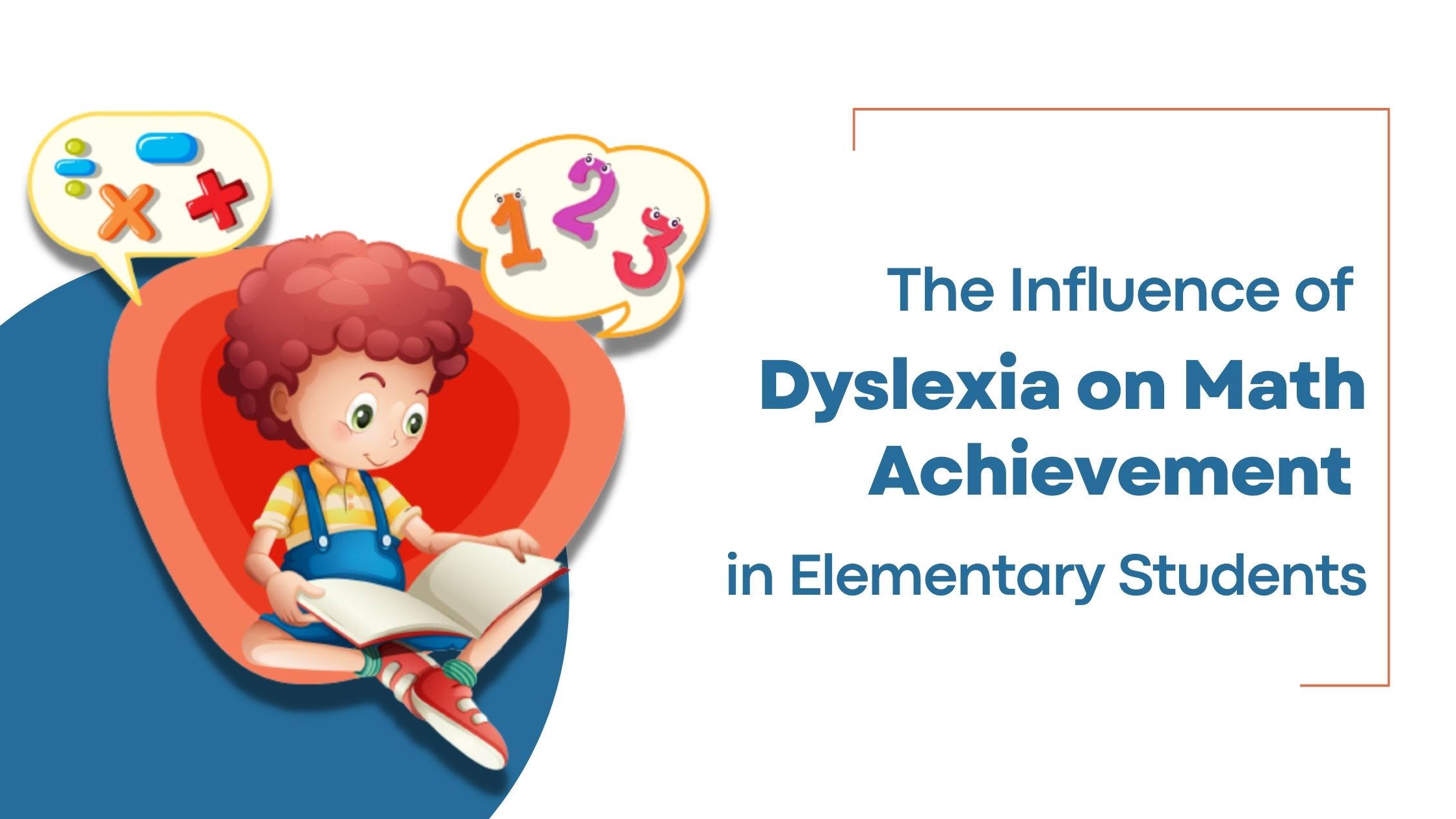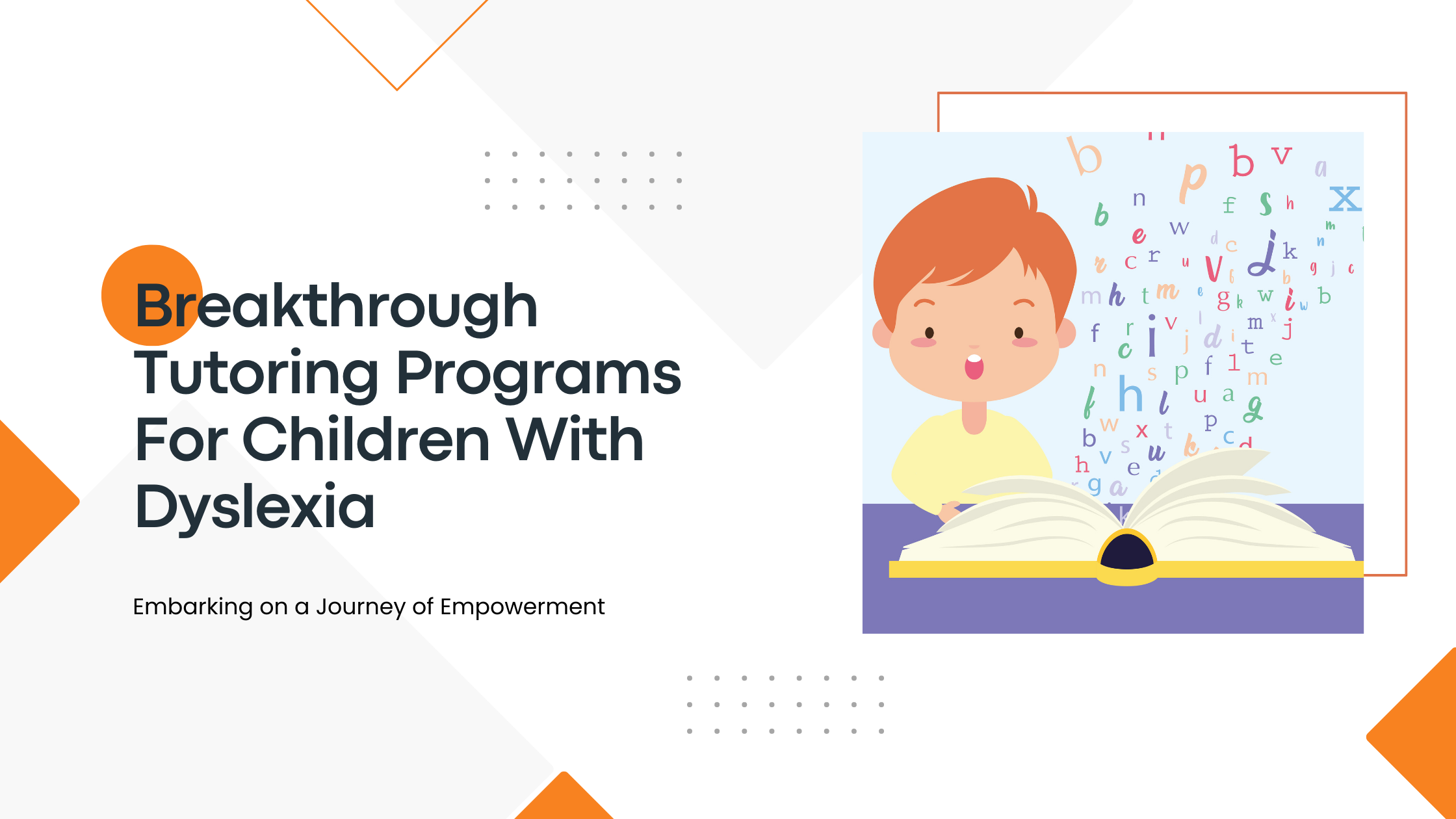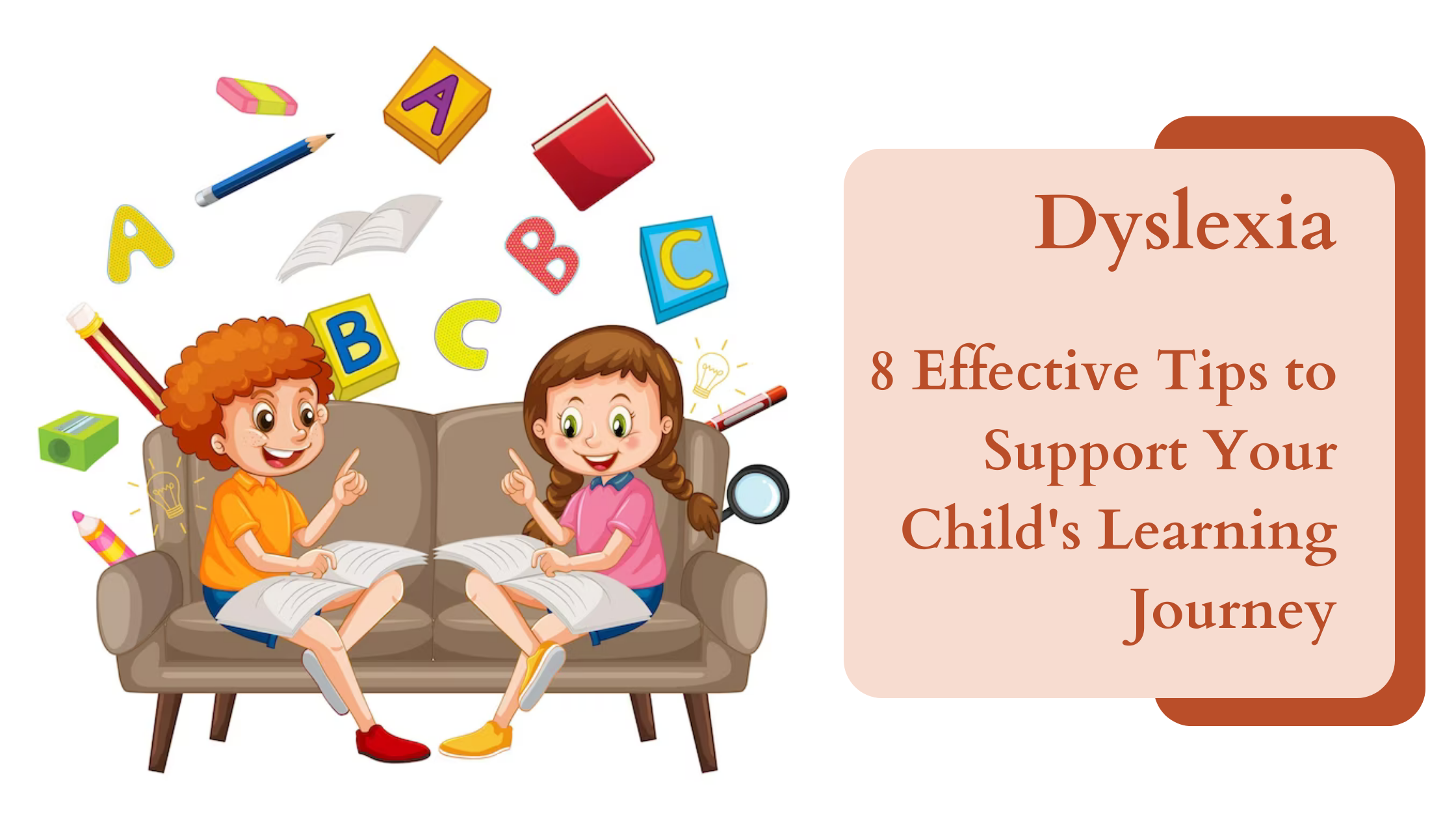When many of us think of learning disabilities, we anticipate challenges that can readily be seen. There is the obvious disability of a hearing deficit or the need of a wheelchair; however, some learners struggle in silence.
Such students look and present like everyone else in their class, but they do not have physical difficulties that prevent them from walking, running, or playing sports.
Those who struggle with reading, writing, math, auditory processing, or attention may struggle just as much as their peers with physical challenges. They can be characterized as having an “invisible disability,” which can present additional challenges. Max is reprimanded in class for daydreaming, when in fact he suffers from ADHD. Sarah is called out for not paying attention because she has been diagnosed with Auditory Processing Disorder. Dylan’s mom gets a phone call about his “laziness” for not showing his work on math tests, when his Dyscalculia forces him to lose track of numbers. When invisible disabilities are left undiagnosed, the student’s behavior and efforts can be misconstrued.
Parents are often baffled by the struggles experienced by their child at school. This invisible disability becomes more apparent as students enter grades one and two, and even then, the difficulties can be hard to recognize. Learning that your child has a learning disability can be a confusing and overwhelming time, but with the proper resources and support, the process can be less daunting.
As a parent of a child with an invisible disability, what does this mean for you? Until your child can self-advocate, you will have to be an advocate for your child. Whether that means educating your child’s teacher, principal, or any professional working with him/her, their learning needs must be accommodated. Psychoeducational testing can identify the strengths and weaknesses regarding their learning, behavior, social-emotional development, and attention. Once your child’s strengths are known, they can receive help to compensate for what is difficult. This will create more positive experiences for your child so that they will be excited to go to school every day. As a parent, you will be able to find peace, joy, and hope for what the future holds.



